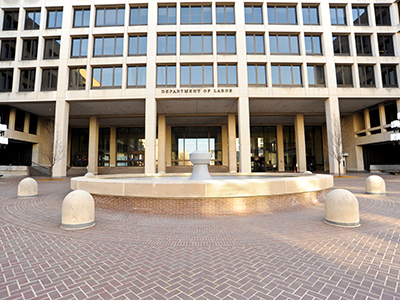Earlier this year, we predicted that the Department of Labor’s Office of Federal Contract Compliance (“OFCCP”) would ramp up investigations directed at rooting out alleged discrimination by information technology companies. Many tech companies have indeed been the focus of increasingly intense and acrimonious investigations in 2016.
OFCCP took its enforcement efforts to the next level this week by filing a formal administrative complaint for violations of Executive Order 11246 (which prohibits discrimination by federal contractors). The complaint alleges that Palantir Technologies – a private software company headquartered in Palo Alto and recently valued at $20 billion – discriminated against Asian applicants for three positions (QA Engineer, Software Engineer, and QA Engineer Intern). Specifically, the OFCCP alleges that the company hired largely based on an employee referral system that resulted in statistically significant underrepresentation of Asian hires, given that the vast majority of applicants for these jobs were Asian. The complaint seeks to debar the company from future federal contracts and require “complete relief” for Asian applicants for these roles, including lost compensation, hiring, and retroactive seniority.
READ MORE →











